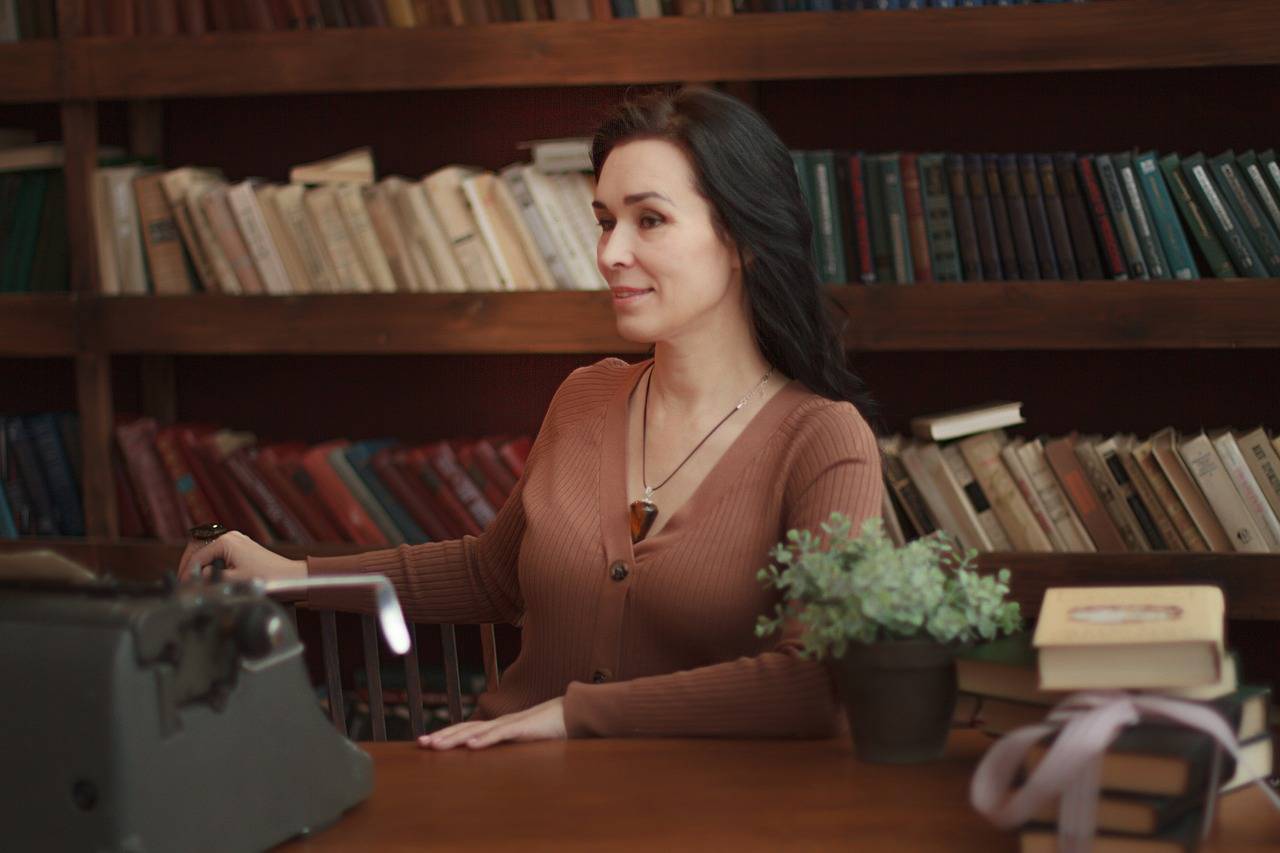Innovative Approaches to Adult Education
One of the challenges in traditional education systems is the rigid curriculum structure that often fails to cater to the needs and interests of diverse learners. Students may find themselves disengaged or struggling to keep up with the pace set by the standardized curriculum, leading to issues like poor academic performance and lack of motivation. This one-size-fits-all approach limits creativity and critical thinking skills among students and may hinder their overall development.
Another challenge lies in the reliance on traditional teaching methods that prioritize rote memorization over practical application and real-world problem-solving. This can result in students cramming information for exams without truly understanding the concepts, leading to a lack of retention of knowledge in the long run. Moreover, the emphasis on grades and test scores in traditional education systems can create a competitive environment that discourages collaboration and cooperative learning among students.
Benefits of Lifelong Learning
Lifelong learning opens up endless opportunities for personal growth and development. By continually acquiring new knowledge and skills, individuals can stay competitive in an ever-evolving job market. This continuous learning process not only enhances one’s employability but also fosters adaptability and resilience in the face of change.
Moreover, engaging in lifelong learning promotes intellectual stimulation and creativity. It challenges individuals to think critically, problem-solve, and explore new perspectives. This cognitive stimulation not only keeps the mind sharp but also contributes to overall well-being and satisfaction in life.
What are some challenges in traditional education systems?
Some challenges in traditional education systems include outdated curriculum, limited access to resources, and rigid teaching methods that may not cater to individual learning styles.
What are the benefits of lifelong learning?
Lifelong learning can lead to personal growth, career advancement, improved skills and knowledge, increased adaptability, and a more fulfilling life overall.
How can one incorporate lifelong learning into their daily routine?
One can incorporate lifelong learning by taking online courses, attending workshops and seminars, reading books, listening to podcasts, and engaging in discussions with peers and experts in their field.
Can anyone benefit from lifelong learning?
Yes, anyone can benefit from lifelong learning regardless of age, educational background, or career path. It is never too late to start learning and expanding one’s knowledge and skills.
How can employers support lifelong learning among their employees?
Employers can support lifelong learning among their employees by providing opportunities for training and development, offering tuition reimbursement programs, encouraging a culture of continuous learning, and recognizing and rewarding employees who actively engage in learning activities.





